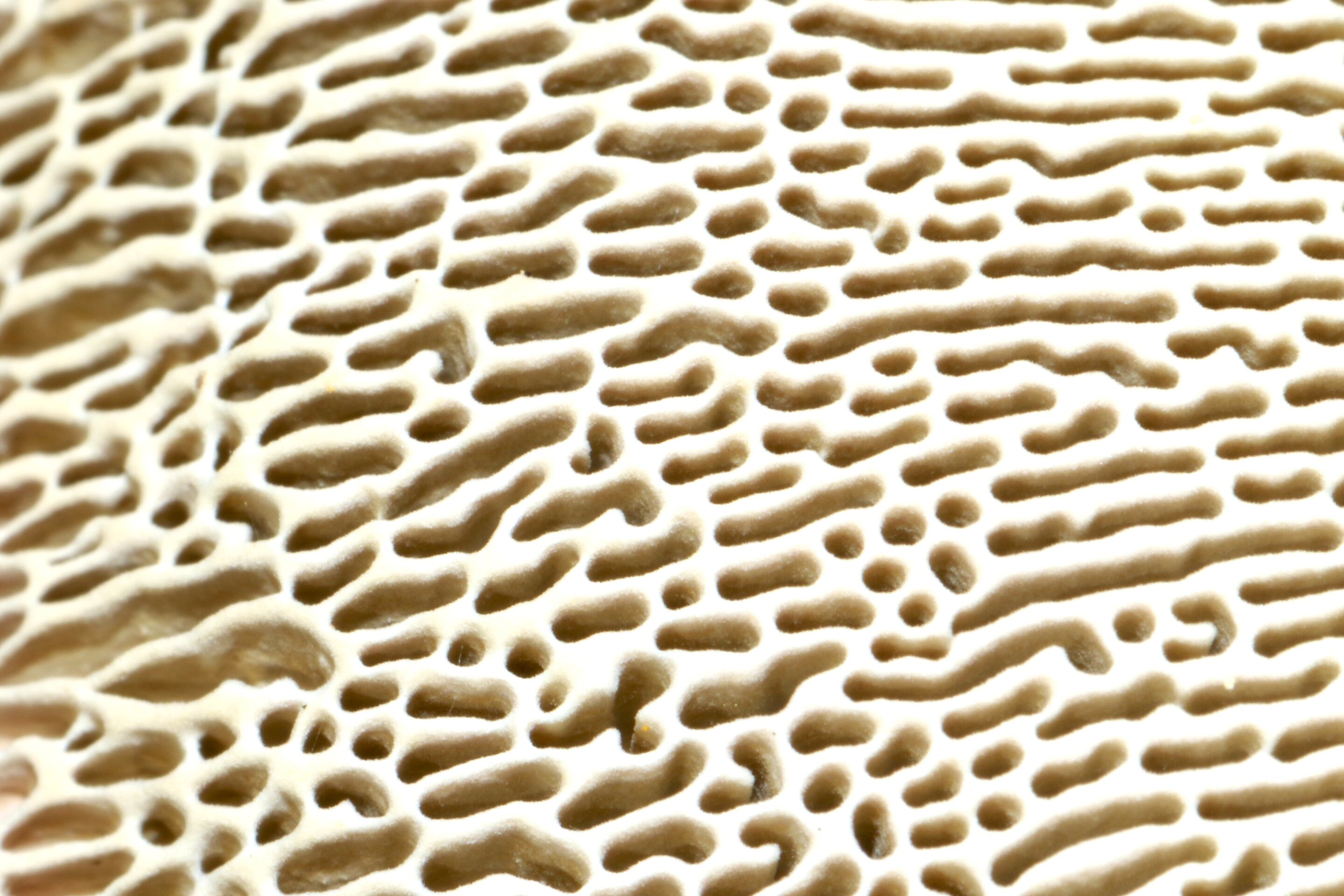#Scientists to map fungal networks, determine climate role

“#Scientists to map fungal networks, determine climate role”

Scientists from the United States and Europe announced plans Tuesday to create the biggest map of underground fungal networks, arguing they are an important but overlooked piece in the puzzle of how to tackle climate change.
By working with local communities around the world the researchers said they will collect 10,000 DNA samples to determine how the vast networks that fungi create in the soil are changing as a result of human activity—including global warming.
“Fungi are invisible ecosystem engineers, and their loss has gone largely unnoticed by the public,” said Toby Kiers, a professor of evolutionary biology at Amsterdam’s Free University and co-founder of the non-profit Society for the Protection of Underground Networks that’s spearheading the effort.
“New research and climate models are providing irrefutable evidence that the Earth’s survival is linked to the underground,” she said.
Experts agree that tracking how fungal networks, also known as mycelia, are affected by climate change is important for protecting them—and ensure they can contribute to nature’s own mechanisms for removing carbon dioxide, the main greenhouse gas, from the air.
Fungi can do this by providing nutrients that allow plants to grow faster, for example, or by storing carbon in the trillions of miles of root-like mass they themselves weave underground.
But Karina Engelbrecht Clemmensen, a fungal expert at the Swedish University of Agricultural Sciences not involved in the project, caution that while having better fungi maps would be useful for future conservation efforts, it was unclear how the researchers planned to go about that vast challenge.
“This is not trivial on a global scale,” she said.
Clemmensen and others also noted that many fungi don’t provide any benefits to plants or grow as underground networks, yet their role in climate change also merits investigation.
Some fungi actually produce carbon dioxide as they break down organic matter for food—potentially contributing to global warming if they release more CO2 into the atmosphere than they capture.
“When you talk about carbon cycles you really want to start thinking carefully about decomposers,” said Anne Pringle, a professor of botany and bacteriology at the University of Wisconsin-Madison. “A massive and coordinated effort to collect biodiversity data on a global scale is badly needed and will be very welcome”, she added, saying “there are good reasons to include all kinds of fungi in that effort.”
The impact that a hotter planet will have on the spread of harmful species likewise needs to be considered.
“When you’re talking about food security in a changing climate, you really want to think about fungal diseases and how they might become more or less prevalent on the planet,” said Pringle, who isn’t involved with the new project.
Kiers said the group, whose efforts are supported by a $3.5 million donation from the Jeremy and Hannelore Grantham Environmental Trust, chose to focus its mapping project on fungal networks because of the crucial symbiotic relationship they have with plants.
How fungi’s knack for networking boosts ecological recovery after bushfires
SPUN website: https://spun.earth/
© 2021 The Associated Press. All rights reserved. This material may not be published, broadcast, rewritten or redistributed without permission.
Citation:
Scientists to map fungal networks, determine climate role (2021, November 30)
retrieved 30 November 2021
from https://phys.org/news/2021-11-scientists-fungal-networks-climate-role.html
This document is subject to copyright. Apart from any fair dealing for the purpose of private study or research, no
part may be reproduced without the written permission. The content is provided for information purposes only.
If you liked the article, do not forget to share it with your friends. Follow us on Google News too, click on the star and choose us from your favorites.
For forums sites go to Forum.BuradaBiliyorum.Com
If you want to read more Like this articles, you can visit our Science category.




